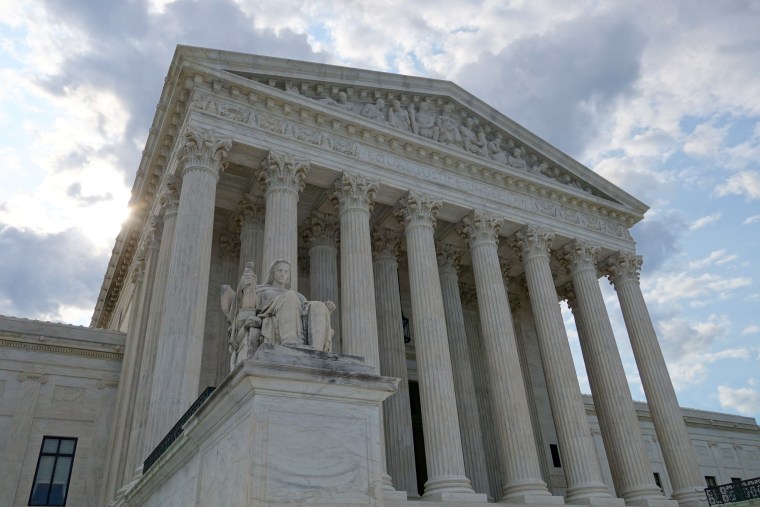It’s already too difficult for too many Americans to get by, let alone get ahead. Unfortunately, Black folks, who face an unemployment rate nearly twice that of the national average and median family incomes approximately 40 percent lower than whites, know these challenges all too well. For Black women, all of this is compounded by gender discrimination in pay – Black women only earn 64 cents on the dollar for doing the same work as men – that is far worse than the average for all women, itself an unacceptable 78 cents on the dollar.
Working people and their livelihoods have been under assault for decades thanks to an economy thrown further and further out of balance by wealthy and powerful special interests that manipulate the rules to further enrich themselves at the expense of the rest of us. Meanwhile, we continue to struggle, to say the least, with the effects of systemic racism.
These problems aren’t news to many Americans because they live them every day. What undoubtedly is news to most people is that the U.S. Supreme Court will soon hear a case that threatens to make these economic challenges even worse. The case, Friedrichs v. California Teachers Association, is the latest tactic in a long running conservative campaign to deny working people the right to band together, form a union, and speak up for one another in order to get the wages and benefits that they can sustain their families on.
While this case goes after the rights of public service workers like teachers, nurses, social workers, and firefighters, it’s really an attack on the ability of working people to come together in order hold the wealthy and powerful accountable. It’s no surprise, then, that the group behind this case, the Center for Individual Rights, is funded a by a who’s who of groups associated with the Koch Brothers and other well-healed, right-wing special interests. The lawyer who is arguing the case is the same one who tried (and failed) earlier this year to convince the Supreme Court to strike down a key part of the Affordable Care Act and take away healthcare from millions of Americans.
A closer look at the Center for Individual Rights exposes other, more troubling questions about what’s behind this case. For example, one article stated that CIR is known for its “ferocious pursuit of lawsuits against affirmative action” and “enduring attraction to academic racism.” A closer look at who helped fund these attacks on Black people and others points to The Pioneer Fund, which is listed as a hate group by the Southern Poverty Law Center. Salon has described it as, “a foundation dedicated to proving that blacks are racially inferior to whites and Asians – in short, the intellectual equivalent of the KKK.
Public sector unions are critical to Black economic opportunity because public service jobs have historically marked one of the most important paths to good-paying, family-sustaining jobs for people of color, especially black women. For example, Black women who are union members earn 34 percent more than those who aren’t in a union.
As the Economic Policy Institute notes, public sector anti-discrimination and affirmative action policies, which the Center for Individual Rights has fought for decades, have been particularly effective in creating economic opportunities for women and Black people, “especially in contrast to the private sector.” Discrimination still exists everywhere, but it continues to be much more prevalent in the private sector where fewer protections – often won by working people speaking up for one another – exist.
When the rights of working people to organize together are taken away, another obstacle is put up in front of Black people – especially Black women– who are trying to sustain their families, and maybe even get ahead.
The Center for Individual Rights may dress up its attacks in fancy legal arguments or poll tested attacks on unions, but their long-term objective is clear. Stopping public sector workers from using their collective power is about stripping workers of their rights and advancing a racist and anti-Black agenda.
With the Friedrichs case, the Supreme Court still has the chance to do what’s right. But nobody should be confused about what’s going on here, and what’s at stake for Black folks.
The oral argument for this case is set for January 11.
Rashad Robinson serves as Executive Director of ColorOfChange, the nation’s largest online civil rights organization.
